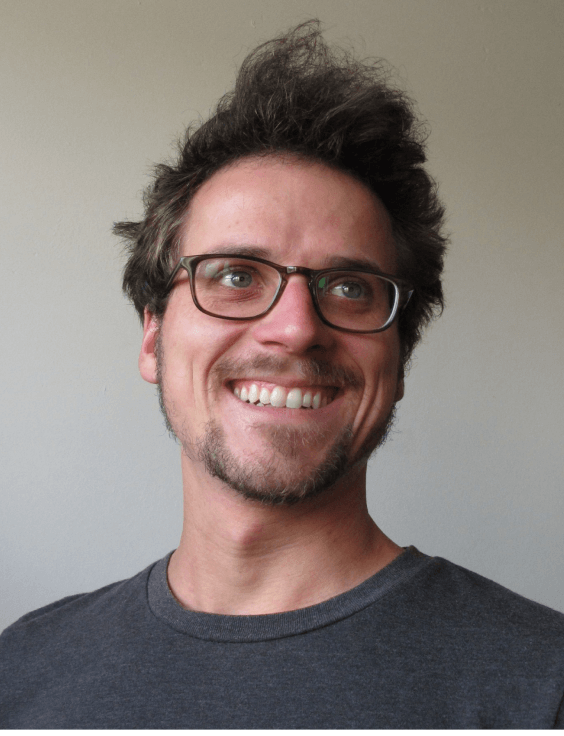
Benjamin Bodirsky
Secretariat Member
The commission assembles a group of leading experts on the economics of climate change, health, nutrition, agriculture and natural resources.
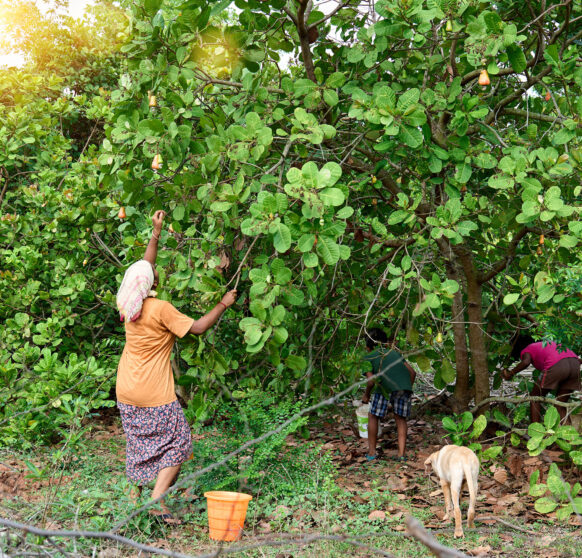



Secretariat Member

Secretariat Member
Dr. Benjamin Leon Bodirsky is an agricultural economist at Potsdam Institute for Climate Impact Research (PIK). His research focuses on long-term trajectories of global agriculture and the challenge to transform agriculture towards sustainability in multiple environmental and social dimensions. He is one of the main developers of the open-source land system modeling framework MAgPIE, the data inventory MADRAT and of a food demand model. Benjamin is since 2007 part of the land use group at PIK, but also worked at CIAT in Colombia and CSIRO in Australia.
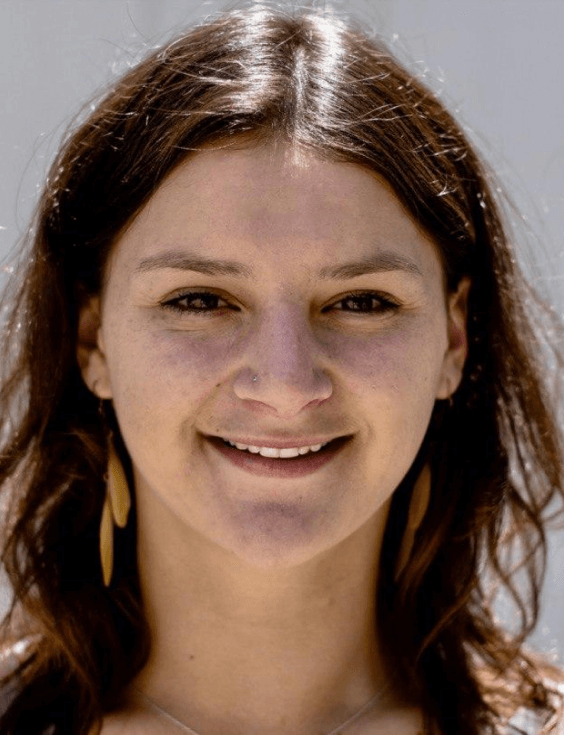
Secretariat Member

Secretariat Member
Quitterie Collignon is a Research Analyst at the Potsdam Institute for Climate Impacts Research. Her focus has been predominantly on agricultural policies, food security, and land use trade-offs, bridging the gap between society, economics, agriculture, and climate change.
Prior to joining the Food System Economics Commission, she completed a Master of Science in Environmental and Natural Resource Economics at the University of Copenhagen. Her research focused specifically on modeling the adoption of energy crops to address bioenergy needs in Denmark within a land use and economic framework.
Previously, she worked for Stanford University’s Centre on Food Security and the Environment, a think tank addressing issues of hunger, poverty, and environmental degradation, the Emergency Food Network, a non-profit organization providing families and individuals in need with nutritious food, and Donkey Republic, a start-up furthering urban micro-mobility through a bike sharing platform.
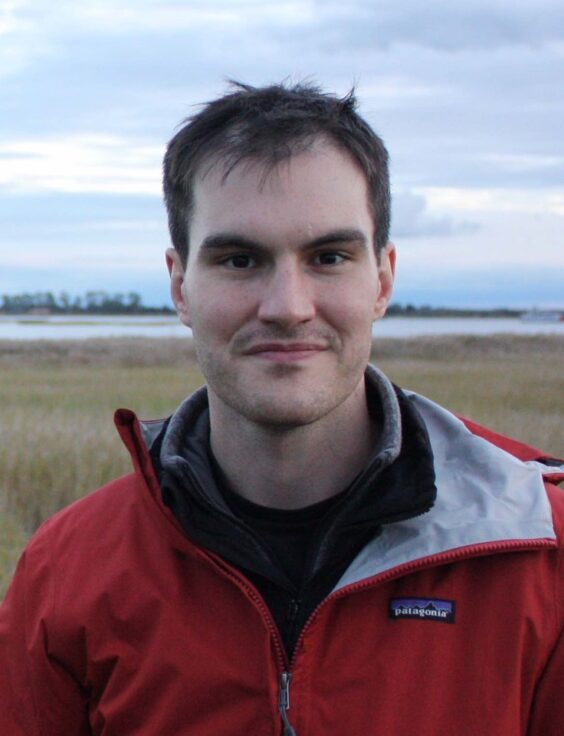
Secretariat Member

Secretariat Member
Michael is a quantitative modeler in the department of Transformation Pathways at PIK, where he supports the work of the Food System Economics Commission (FSEC) and contributes to the maintenance and development of the MAgPIE model within the Land-Use Management working group.
Michael’s scientific training began in ecological modeling at the Universität Potsdam, using individual-based models to investigate grassland plant community assembly. After his Ph.D., Michael spent time at the German Centre for Integrative Biodiversity Research (iDiv) in Leipzig, working with Dr. Nadja Rüger and Dr. Kathryn Barry to conduct an intercomparison of plant biodiversity models. Michael’s technical background is in computer science.
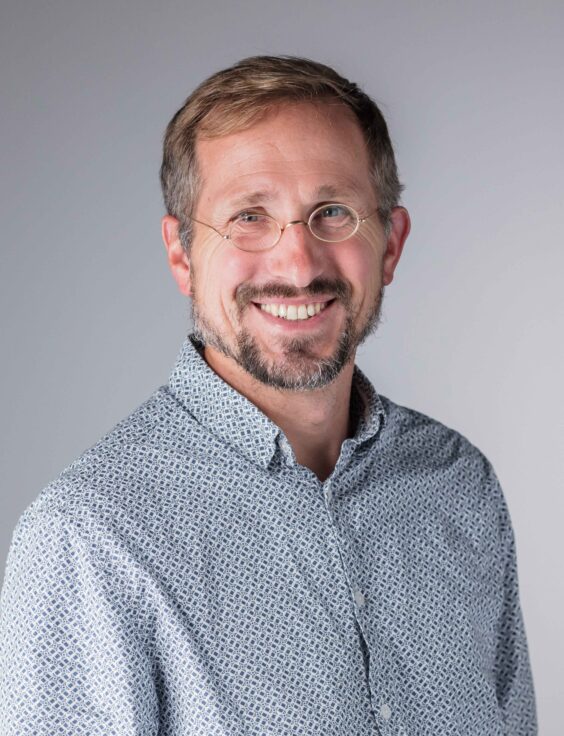

Secretariat Member
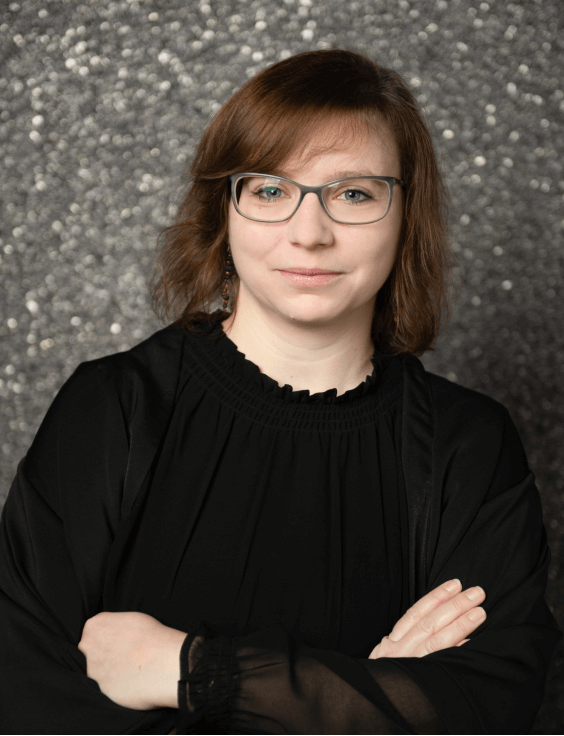
Secretariat Member

Secretariat Member
Claudia Hunecke is a postdoctoral researcher at the Potsdam Institute for Climate Impact Research. She is holding a Ph.D. in agricultural economics from the University of Goettingen. In her research she focused on adoption of technologies, dairy markets, social networks in agriculture, as well as collective action in water management. Additionally, she was involved in teaching several bachelors’ and masters’ classes, e.g. introduction to economics, agricultural trade, and microeconomics. She is engaged in a research project at the Universidad de Talca, Chile, on collective action for water resource conservation.
Claudia supports the Secretariat and Commission by working on inequality and inclusion in food systems, land use systems, and policy instruments guiding the transition.
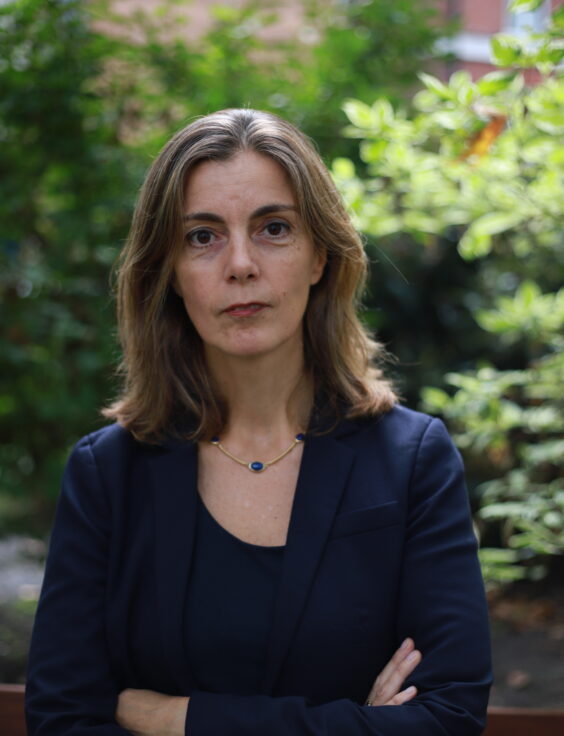
Director

Director
Caterina is the Director of the Food System Economics Commission and leads the policy and political economy workstream. She consults for IFAD and other international agencies on issues related to rural poverty and a just transition to climate sustainability.
Caterina co-authored the Food and Land Use Coalition Global Report Growing Better and served for two years as FOLU Research Director.
In a previous life, Caterina worked for the World Bank as a poverty economist. An applied micro-economist by training, she has written and worked extensively on issues related to poverty and inequality, and in particular the distributional impact of policy reforms, the design of social protection programs, and different concepts of poverty.
She holds a D.Phil. in Economics from the University of Oxford.
She lives in London with her husband and two children, and in her spare time runs a charity bookshop on bookshop.org and advises il Barbagianni Editore, an Italian independent children books’ publisher.
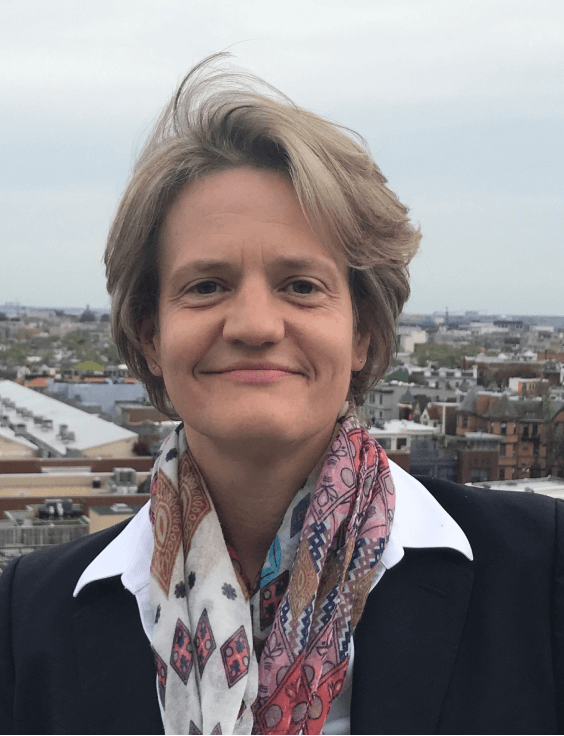
Secretariat Member

Secretariat Member
Sarah served as a Senior Research Economist in the Food System Economics Commission (FSEC) from 2021-2023. Prior to her role in FSEC, she conducted evidence-based and policy-relevant research for international organizations including FAO, IFAD, IFPRI, the World Bank, the UN Secretariat in Bangkok and USAID. Her research has included analytical work on farm sizes and farmland distribution throughout the world, estimating government expenditures and other financial flows to agriculture and considering various approaches to surveying non-household farms in developing countries. More recently she has studied the impact of COVID 19 in food crisis countries and advised the Liberian government on options for regulating agricultural commodity exports. She holds a PhD in Agricultural, Environmental and Development Economics from The Ohio State University.
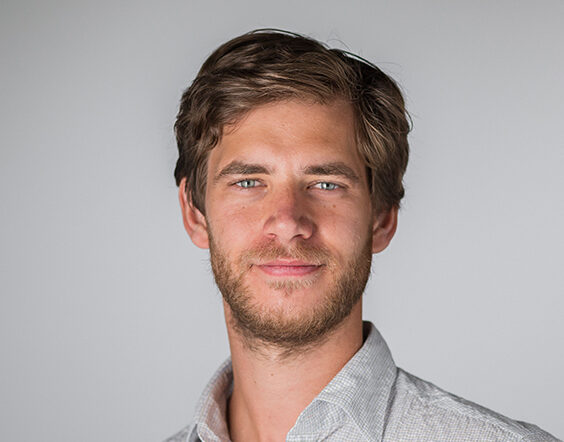
Secretariat Member

Secretariat Member
Sebastian is the Program Manager for the Food System Economics Commission at EAT. In this role, he is responsible for planning and coordination of the Commission Secretariat and Commissioners, resource management, monitoring, and running daily operations. Sebastian also supports EAT’s efforts in building strategic relationships with foundations, companies, governments and other key partners, and participates in the development of proposals for core and program funding.
Before joining EAT, Sebastian worked in various positions and countries for the Food and Agricultural Organization of the United Nations as well as the German Development Institutions KfW and GIZ, where he joined forces with local and international partners to implement climate-friendly social housing projects and integrated development plans for sustainable land and water use, climate change mitigation and biodiversity conservation. Sebastian also worked with the private sector on the exclusive procurement of sustainably produced agricultural commodities. Other key experiences include the co-management of the unprecedented Youth Engagement at the World Forestry Congress in South Africa and the collaboration with local NGOs in Mexico and Argentina on issues of political participation and social equity.
Sebastian holds a Master’s in International Development Studies from the Norwegian University of Life Sciences, where he investigated the social dimensions of the renewable energy transition in Latin America and outlined strategies for how to better integrate the broad public in this process. Prior to this, he earned Bachelor’s degrees in Latin American Studies and Politics & Society from the Universities of Bonn, Sevilla and Buenos Aires, while he also completed a professional training as a cabinet maker. Sebastian speaks five languages and is a German national.
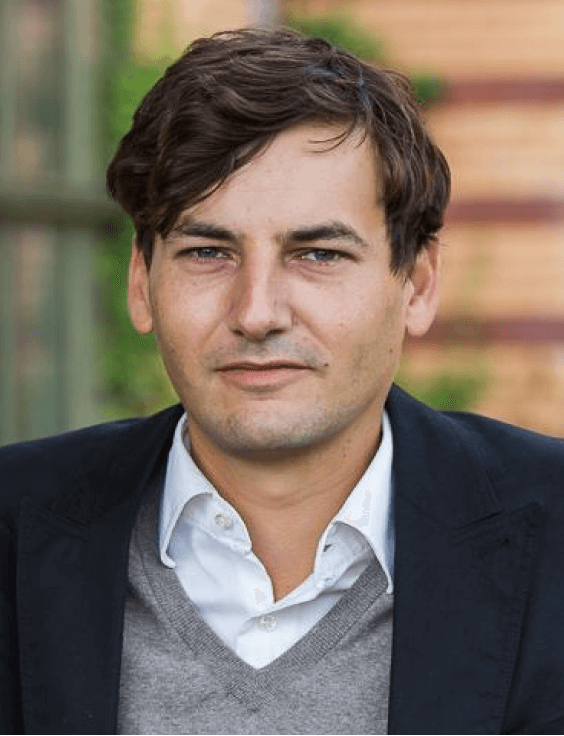
Secretariat Member

Secretariat Member
Alexander Popp is a Senior Scientist at the Potsdam Institute for Climate Impact Research (PIK) where he leads a research group on land-use management. He coordinates the development of the global land-use model ‘Model of Agricultural Production and its Impacts on the Environment’ (MAgPIE), which over the last years has evolved into one of the world’s leading integrated global land and water use modelling systems. Alexander Popp contributes to several international climate and land-use assessments such as IPCC, coordinated the land-use group for the development of the new scenario framework ‘Shared Socioeconomic Pathways’ (SSPs) and works on The World in 2050 (TWI2050) and FABLE projects on Sustainable Development Goals. Alexander Popp has published more than 100 peer reviewed scientific articles and is ranked by Web of Science among the 1% most influential scientists in the world due to his highly relevant publications in scientific literature.
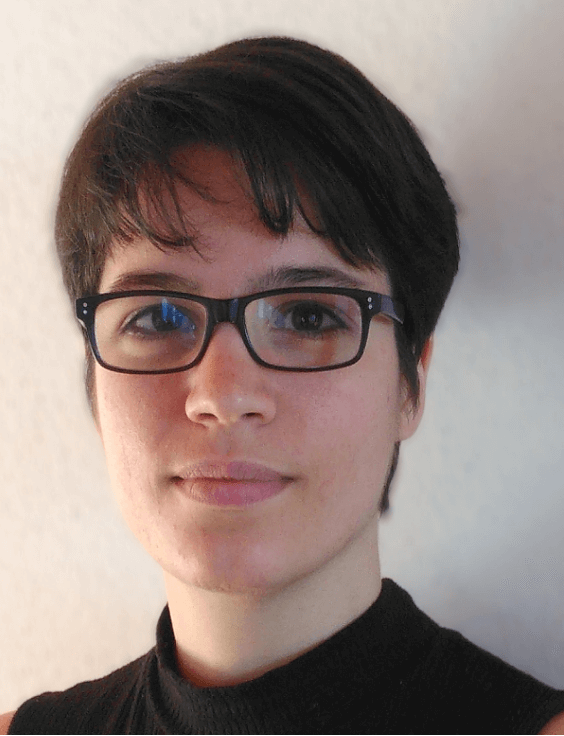
Secretariat Member

Secretariat Member
Debbora Leip supports the scientific work of the Food System Economics Commission as a quantitative modeler in the Land-use Management working group at the Potsdam Institute for Climate Impact Research (PIK). She has a background in Mathematics (B. Sc.) and graduated in Environmental Modelling (M. Sc.) in October 2020. For her master’s thesis she worked at the International Institute for Applied System Analysis (IIASA) on the topic “Risk management for sustainable food security in West Africa”, focusing on the development of a conceptual stochastic optimization model to analyze the extent to which risk pooling can facilitate the implementation of an insurance system against low crop yields (e. g. due to droughts) which is affordable to local farmers
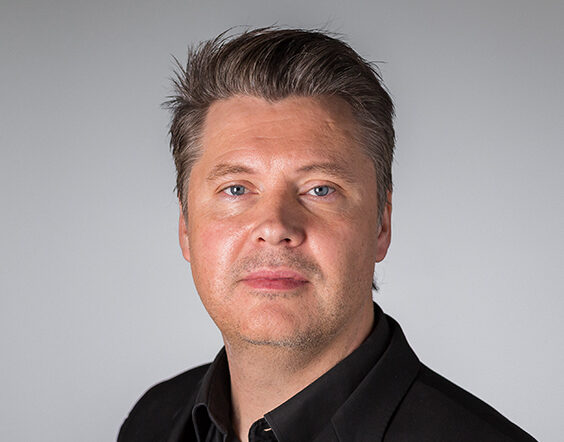
Secretariat Member

Secretariat Member
Iain is Director of Communication and Global Engagement at EAT. In this role, Iain is responsible for overseeing the implementation of all of the organization’s global projects. Iain manages a wide range of external relationships with multi-stakeholder partners across the EAT network, and contributes to the organization’s strategic goals and objectives through his leadership position on the EAT Operational Committee.
Iain has over two decades of combined experience in international trade and development and corporate social responsibility (CSR). Prior to joining EAT, he worked with the German Agency for International Cooperation (GIZ) to promote CSR and voluntary standards in mainland China, and thereafter as an independent consultant with Word Trade Organization Tribune. Prior to this, Iain worked under the auspices of UNIDO at the International Centre for Small Hydropower (IC-SHP) in Hangzhou, China.
Iain holds a bachelor’s degree in Political Science and English from the University of British Columbia, and a master’s degree of Chinese Studies from the School of Oriental and African Studies (SOAS) at the University of London.


Principal
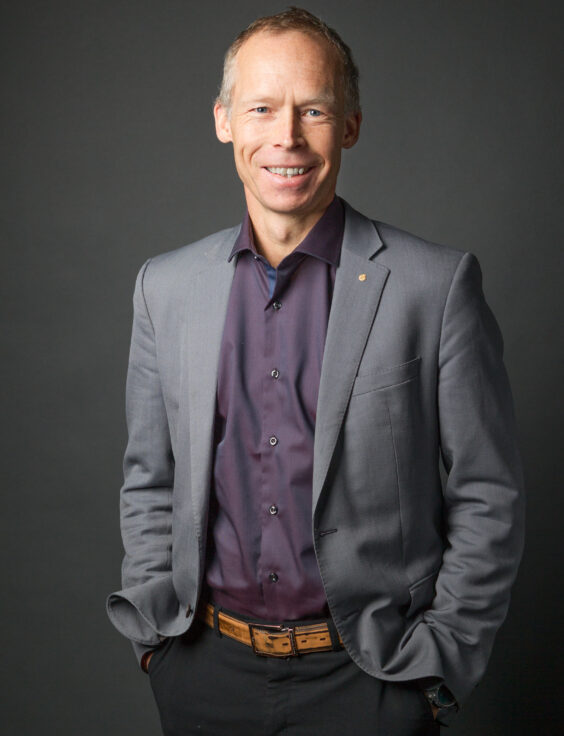

Principal
Johan Rockström is Director of the Potsdam Institute for Climate Impact Research and Professor in Earth System Science at the University of Potsdam. He is an internationally recognized scientist on global sustainability issues and led the development of the Planetary Boundaries framework for human development in the current era of rapid global change.
Professor Rockström is a leading scientist on global water resources, with more than 25 years experience in applied water research in tropical regions, and more than 150 research publications in fields ranging from applied land and water management to global sustainability. He is a member of European Commission expert group: Mission Board for adaptation to climate change including societal transformation, chair of the Earth Commission and is elected member of the German Academy of Sciences Leopoldina.
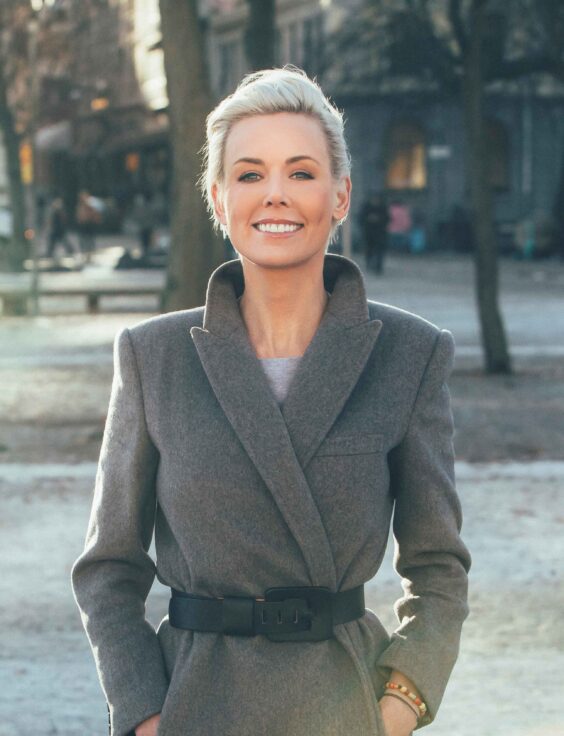

Principal
Gunhild A. Stordalen is the founder and executive chair of EAT. She is a driving force linking climate, health and sustainability issues across sectors to transform the global food system.
In 2020, Gunhild was appointed to a leading role at the UN Food Systems Summit 2021. She is the Chair of the Summit’s Action Track 2: Shifting to Healthy and Sustainable Consumption Patterns, with a wide mandate to build a broad, multistakeholder coalition around this key challenge and opportunity, and leveraging the EAT platform to the full.
Together with Petter A. Stordalen, Gunhild established the Stordalen Foundation in 2011, under which she later founded the “EAT Initiative” together with Professor Johan Rockström and the Stockholm Resilience Center (SRC). In 2016, the Wellcome Trust joined the SRC and the Stordalen Foundation as core partner of EAT and helped grow the initiative to become a global multi-stakeholder platform for transforming the world’s food system.
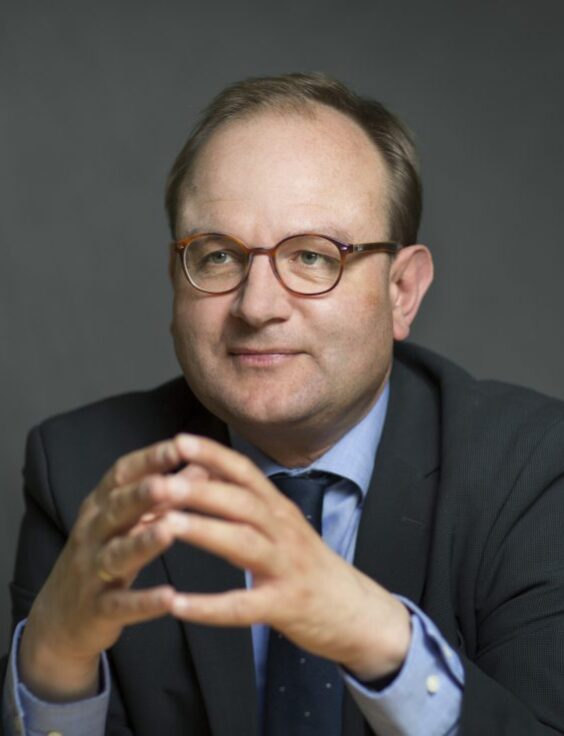
Co-Chair

Co-Chair
Prof. Dr. Ottmar Edenhofer is Director of the Potsdam Institute for Climate Impact Research (PIK), Professor for the Economics of Climate Change at the Technical University Berlin as well as founding director of the Mercator Research Institute on Global Commons and Climate Change (MCC). Furthermore, he is inter alia a member of the German National Academy of Sciences Leopoldina and of the National Academy of Science and Engineering acatech. His advice is regularly sought by the German government as well as national and international political and economic bodies. Edenhofer has published numerous articles in leading journals and authored various books. He was also ranked among the 1% most influential scientists worldwide due to his highly relevant publications in scientific literature. From 2008 to 2015 he served as Co-Chair of Working Group III of the IPCC, shaping the Fifth Assessment Report on Climate Change Mitigation substantially, which has been considered a landmark report and provided the scientific basis for the Paris Agreement.
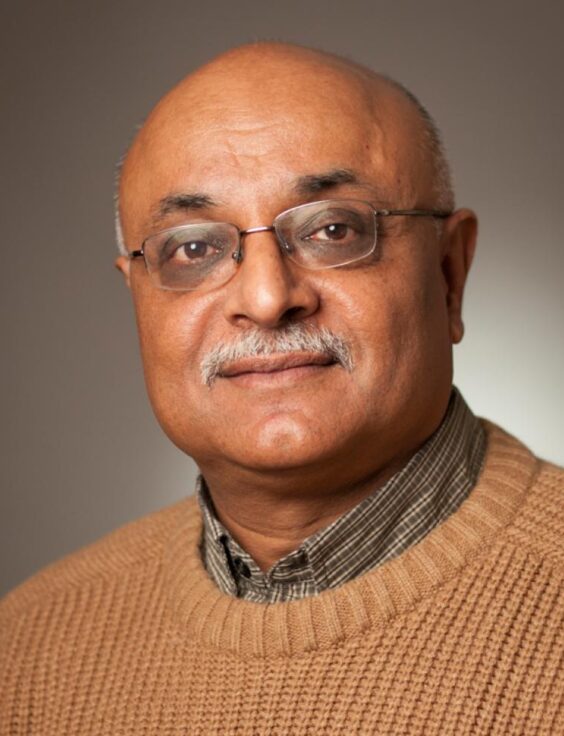
Co-Chair

Co-Chair
Professor Ravi Kanbur is T.H. Lee Professor of World Affairs, International Professor of Applied Economics, and Professor of Economics at Cornell University.
Ravi Kanbur researches and teaches in development economics, public economics and economic theory. He is well known for his role in policy analysis and engagement in international development. He has served on the senior staff of the World Bank including as Chief Economist for Africa. He has also published in the leading economics journals, including Journal of Political Economy, American Economic Review, Review of Economic Studies, Journal of Economic Theory and Economic Journal.
The positions he has held include: Chair of the Board of United Nations University-World Institute for Development Economics Research, member of the OECD High Level Expert Group on the Measurement of Economic Performance, President of the Human Development and Capability Association, President of the Society for the Study of Economic Inequality, member of the High Level Advisory Council of the Climate Justice Dialogue, and member of the Core Group of the Commission on Global Poverty.
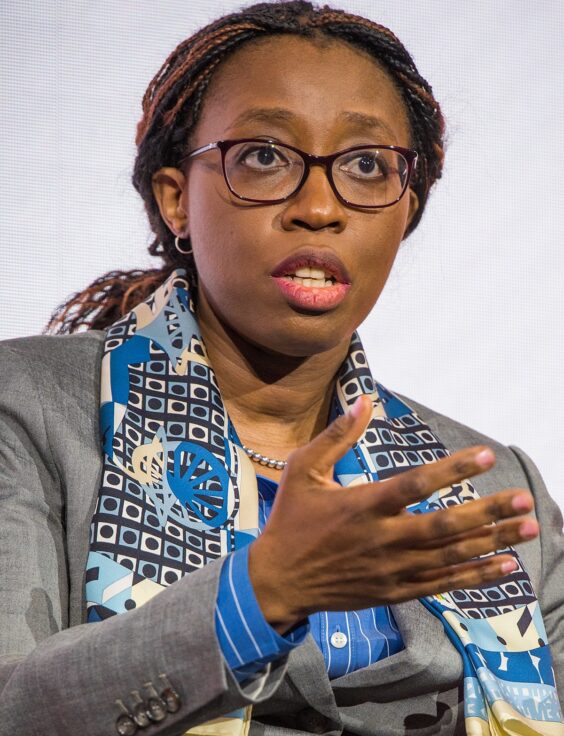

Co-Chair
Dr. Vera Songwe is Chair and Founder of The Liquidity and Sustainability Facility.
Vera Songwe has a long-standing track record of providing policy advice on development and a wealth of experience in delivering development results for Africa, as well as a demonstrated strong and clear strategic vision for the continent.
Prior to The Liquidity and Sustainability Facility, Vera was Executive Secretary of the Economic Commission for Africa (ECA), and the Regional Director of the International Finance Corporation, covering West and Central Africa. In addition, she continues to serve as a non-resident Senior Fellow at the Brookings Institution’s Africa Growth Initiative. She is also a member of the African Union institutional reform team under the direction of the President of Rwanda, Paul Kagame, and a board member of the African Leadership Network and the Mo Ibrahim Foundation. Previously, she was Country Director for the World Bank, covering Cape Verde, the Gambia, Guinea-Bissau, Mauritania and Senegal.
She holds a PhD in Mathematical Economics from the Center for Operations Research and Econometrics and a Master of Arts in Law and Economics and a Diplôme d’études approfondies in Economic Science and Politics from the Université Catholique de Louvain in Belgium.
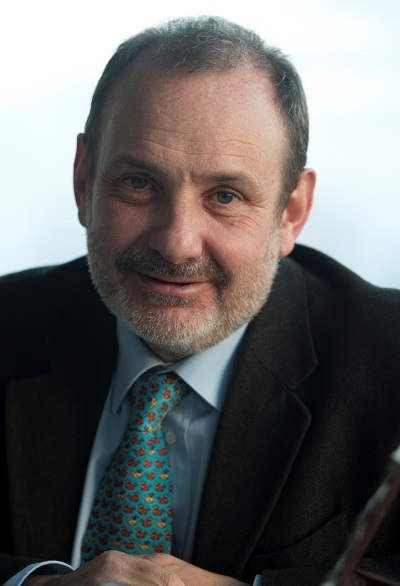

Commissioner
Dr Francesco Branca is the Director of the Department of Nutrition for Health and Development in the World Health Organization, Geneva. During his tenure, WHO has established a new nutrition guideline development process and has developed a Comprehensive Implementation Plan on Maternal, Infant and Young Child Nutrition with six global targets. He has been leading the preparation of the 2nd International Conference on Nutrition.
He has been a Senior Scientist at the Italian Food and Nutrition research Institute where he was leading studies on the effects of food and nutrients on human health at the different stages of the life cycle and on the impact of public health nutrition programmes. He has been President of the Federation of the European Nutrition Societies in 2003-2007.
Dr. Branca graduated in Medicine and Surgery and specialized in Diabetology and Metabolic Diseases at the Universita’ Cattolica del Sacro Cuore, Roma and obtained a PhD in Nutrition at Aberdeen University.
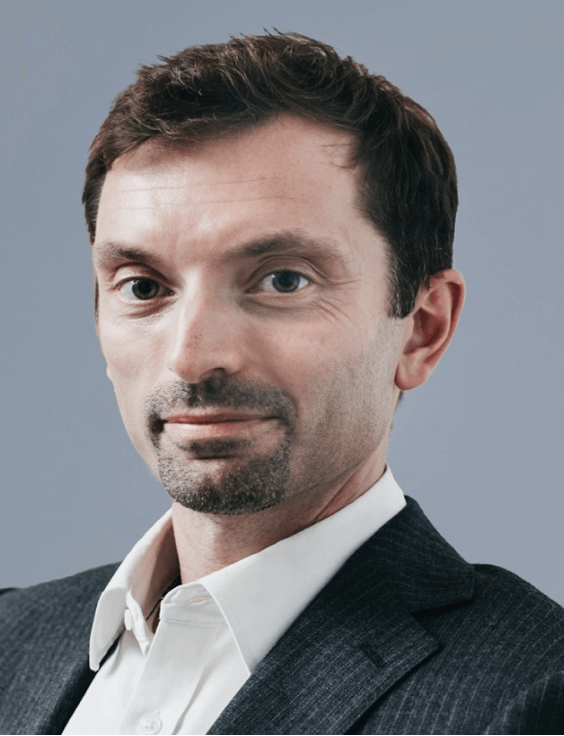
Commissioner

Commissioner
Simon Dietz is an environmental economist with particular interests in climate change and sustainable development. He has published research on a wide range of issues and works with governments, businesses and NGOs on topics of shared interest, such as carbon pricing, institutional investment, and insurance. Simon is based at the London School of Economics and Political Science (LSE), where he is Professor of Environmental Policy in the Grantham Research Institute on Climate Change and the Environment, and the Department of Geography and Environment. He is also a CESifo Research Network Fellow, a Principal consultant at Vivid Economics, co-editor of the Journal of the Association of Environmental and Resource Economists, a Fellow of the Royal Society of Arts, and research lead for the Transition Pathway Initiative.
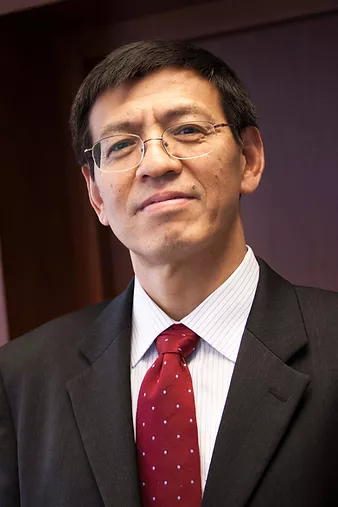

Commissioner
Dr. Shenggen Fan is currently Chair Professor at the College of Economics and Management at China Agricultural University (CAU). He is known not only as an author of widely cited journal articles and books, but also as a global leader in agricultural economics and food policies. His research covers a wide range of issues, such as public investment, agricultural and rural development, food systems, transition economies, poverty, and food security and nutrition.
Prior to joining CAU, Dr. Fan served as director general of the International Food Policy Research Institute (IFPRI) from 2009 to 2019. Dr. Fan joined IFPRI in 1995 as a research fellow. He led IFPRI’s program on public investment before becoming the director of the Institute’s Development Strategy and Governance Division in 2005.
He was a member, vice chair and chair of food and nutrition council of the World Economic Forum. He serves as a member of the Lead Group for the Scaling Up Nutrition (SUN) Movement appointed by former UN Secretary General Ban Ki Moon. He also serves as advisor to many national governments on agriculture, food security and nutrition.
In 2014, Dr. Fan received the Hunger Hero Award from the World Food Programme in recognition of his commitment to and leadership in fighting hunger worldwide.
In 2017, Dr. Fan received the 2017 Fudan Management Excellence Award. The award is referred to in China as the “Nobel Prize for Management.” This highly prestigious award recognizes individuals who have made outstanding contributions to the field of management.
Dr. Fan received a PhD in applied economics from the University of Minnesota and bachelor’s and master’s degrees from Nanjing Agricultural University in China.
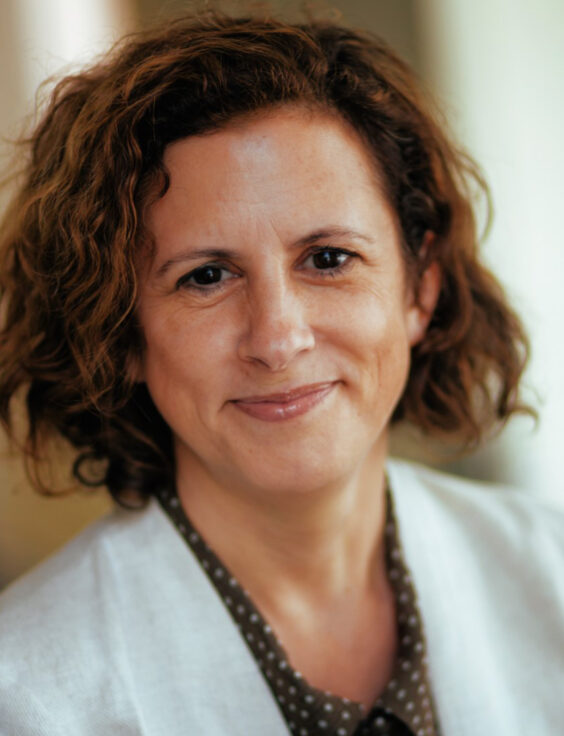

Commissioner
Jessica Fanzo, PhD is the Bloomberg Distinguished Professor of Global Food Policy and Ethics at the Berman Institute of Bioethics, the Bloomberg School of Public Health, and the Nitze School of Advanced International Studies (SAIS) at the Johns Hopkins University in the USA. She also serves as the Director of Hopkins’ Global Food Policy and Ethics Program. From 2017 to 2019, Jessica served as the Co-Chair of the Global Nutrition Report and the UN High Level Panel of Experts on Food Systems and Nutrition. Before coming to Hopkins, she has also held positions at Columbia University, the Earth Institute, Food and Agriculture Organization of the United Nations, the World Food Programme, Bioversity International, and the Millennium Development Goal Centre at the World Agroforestry Center in Kenya. Jessica has a PhD in nutrition from the University of Arizona.
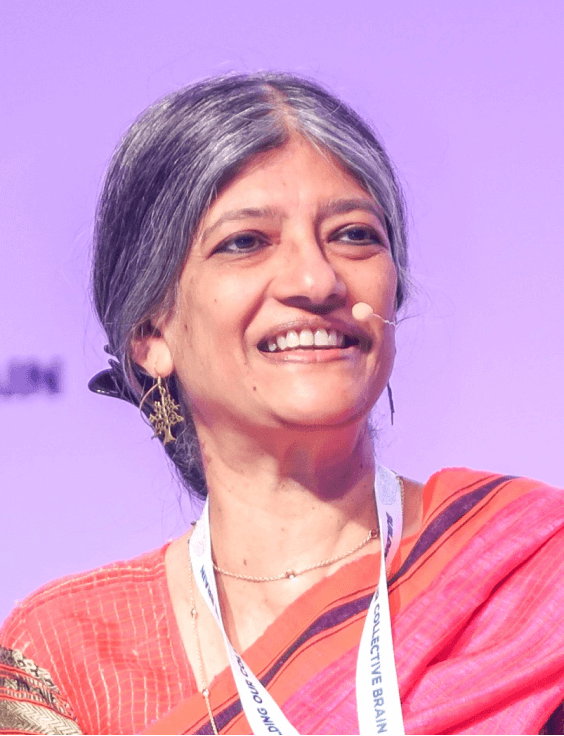

Commissioner
Jayati Ghosh taught economics at Jawaharlal Nehru University, New Delhi for nearly 35 years, and is currently Professor of Economics at the University of Massachusetts at Amherst, USA. She has authored and/or edited 20 books, including “The making of a catastrophe: Covid-19 and the Indian economy”, Aleph Books forthcoming 2021; “Women workers in the informal economy”, Routledge 2021; and “Never Done and Poorly Paid: Women’s Work in Globalising India”, Women Unlimited, New Delhi 2009; co-edited “Elgar Handbook of Alternative Theories of Economic Development, 2014; co-edited “After Crisis”, Tulika 2009; co-authored “Demonetisation Decoded”, Routledge 2017; and published around 200 scholarly articles. She has received several prizes, including for the 2015 Adisheshaiah Award for distinguished contributions to the social sciences in India; the International Labour Organisation’s Decent Work Research Prize for 2011; the NordSud Prize for Social Sciences 2010, Italy. She has advised governments in India and other countries, including as Chairperson of the Andhra Pradesh Commission on Farmers’ Welfare in 2004, and Member of the National Knowledge Commission of India (2005-09). She is the Executive Secretary of International Development Economics Associates (www.networkideas.org), an international network of heterodox development economists. She has consulted for international organisations including ILO, UNDP, UNCTAD, UN-DESA, UNRISD and UN Women and is member of several international boards and commissions, including the UN High Level Advisory Board on Economic and Social Affairs, the Commission on Global Economic Transformation of INET, the International Commission for the Reform of International Corporate Taxation (ICRICT) and the recently created WHO Council on the Economics of Health for All. She writes regularly for popular media like newspapers, journals and blogs.
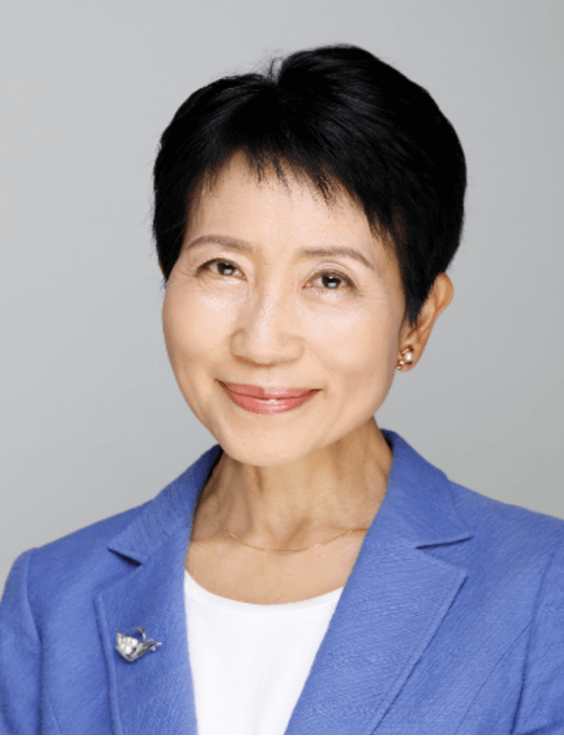

Commissioner
Dr. Naoko Ishii has joined University of Tokyo on August 1st 2020 as professor, executive vice president, and inaugurating Director for Center for Global Commons, whose mission is to catalyze systems change so that humans can achieve sustainable development within planetary boundaries. The Center aims at playing a much more active role in mobilizing movements of multi-stakeholders towards a shared goal of nurturing stewardship of Global Commons. Prior to joining the university, she served the GEF (Global Environment Facility) as CEO and Chairperson from 2012 to 2020. She formed GEF’s first mid-term strategy, GEF 2020, with strong focus on transformation of key economic systems.
She entered Ministry of Finance, Japan, in 1981 and served as Deputy Vice Minister of Finance, Japan for 2010-2012. She also worked at the IMF and the World Bank. She obtained BA in economics and Ph.D in international studies, both from the University of Tokyo.
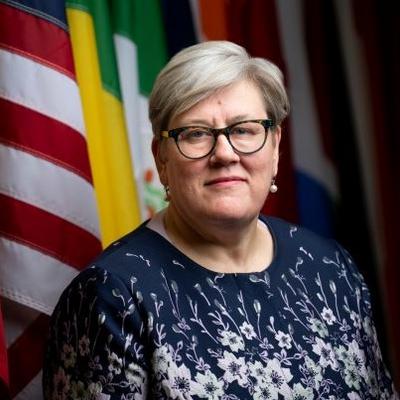

Commissioner
Rachel Kyte is the 14th and first woman, dean of The Fletcher School at Tufts University, the US’s oldest graduate-only school of international affairs, which attracts students from all corners of the globe and at all stages of their careers.
Prior to joining Fletcher, Kyte served as special representative of the UN secretary-general and chief executive officer of Sustainable Energy for All (SEforALL). She previously was the World Bank Group vice president and special envoy for climate change, leading the Bank Group’s efforts to shift its operations and campaign for the Paris Agreement. At the World Bank Group she led efforts to focus on the most important barriers to progress in climate action, prioritizing the technical work on carbon pricing mechanisms and through the Carbon Pricing Leadership Coalition, driving a political emphasis on carbon pricing as a necessary, if insufficient tool for climate action in the run up to the Paris climate agreement.
In her UN role Kyte led efforts to promote and finance clean, reliable and affordable energy as part of the UN Sustainable Development Goals. She currently serves in a variety of roles on boards and as advisor around the transition to zero carbon economies, focusing on the financial, energy and food system transitions.
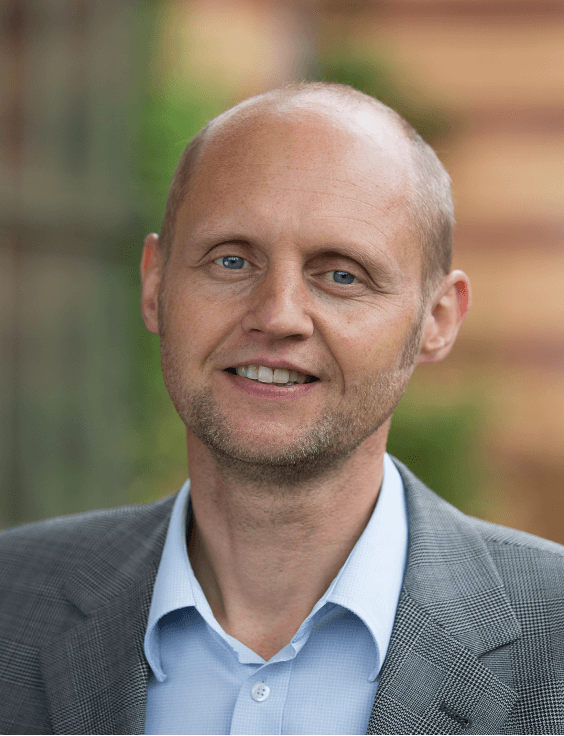
Commissioner

Commissioner
Prof. Hermann Lotze-Campen studied Agricultural Sciences and Agricultural Economics in Kiel (Germany), Reading (UK) and Minnesota (USA). He holds a Ph.D. in Agricultural Economics from Humboldt University Berlin. He is co-chair of Research Department Climate Resilience at the Potsdam Institute for Climate Impact Research (PIK) and a Professor of Sustainable Land Use and Climate Change at HU Berlin (www.pik-potsdam.de/members/hlotze). He is working on global land use modelling, climate impacts and adaptation in agriculture, multi-sector impact aggregation, and land-use-based mitigation. He is a member of the Executive Committee of the Agricultural Model Intercomparison and Improvement Project (AgMIP, www.agmip.org) and strongly involved in the Inter-Sectoral Impact Model Intercomparison Project (ISIMIP, www.isimip.org).
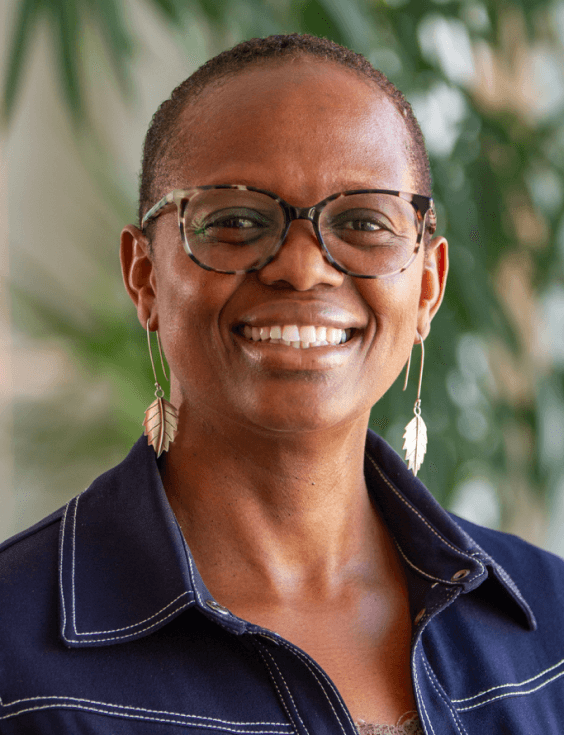

Commissioner
Wanjira Mathai is the Vice President and Regional Director for Africa at WRI. She formerly served as Co-chair of WRI’s Global Restoration Council and a Senior Advisor to the Global Restoration Initiative.
She is the current Chair of the Wangari Maathai Foundation and the former Chair of the Green Belt Movement in Kenya.
An inspiring leader, Wanjira has over 20 years of experience advocating for social and environmental change on both local and international platforms. Over the years, Wanjira has also served important strategic and advocacy roles raising the prominence and visibility of global issues such as climate change, youth leadership, sustainable energy, and landscape restoration, at Women Entrepreneurs in Renewables (wPOWER) and the Green Belt Movement the organization her mother (2004 Nobel Peace Prize Laureate) founded in 1977.
Wanjira currently serves on the Board of the World Agroforestry Center (ICRAF) and as an advisory council member of the Global Alliance for Clean Cookstoves. Wanjira is one of a few Six Seconds EQ Practitioners in Kenya and was one of the 100 Most Influential Africans in 2018. Wanjira has a master’s degree in Public Health and Business from Emory University, USA.
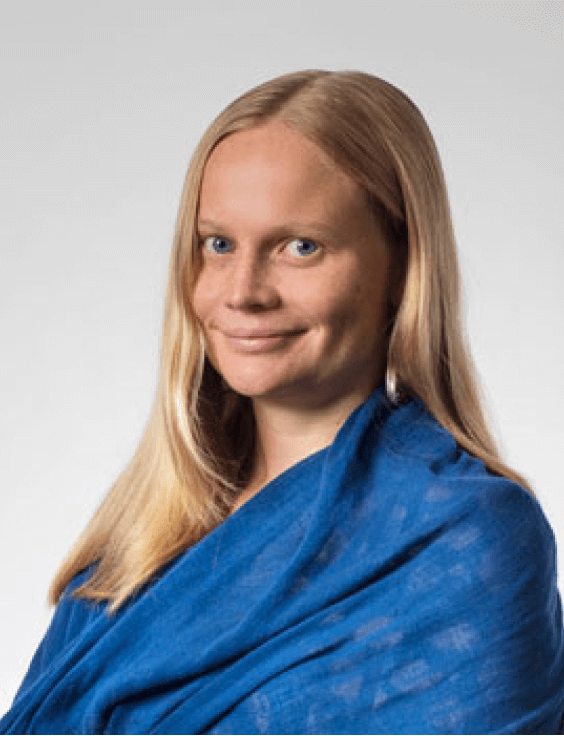

Commissioner
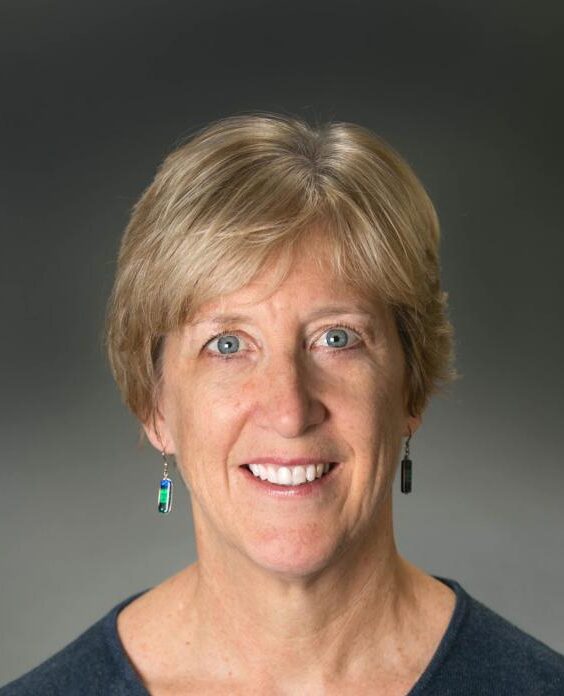

Commissioner
Rachel Nugent is Vice President for Global Non-communicable Diseases at RTI International. She leads a global initiative to prevent and reduce the health and economic burdens of chronic non-communicable diseases in low- and middle-income countries. Prior to this position, Rachel was Associate Professor in the Department of Global Health at the University of Washington and Director of the Disease Control Priorities Network. She received her M.Phil. and Ph.D. degrees in economics from the George Washington University in Washington, DC, USA. She is a member of multiple advisory panels including the WHO Expert Panel on Management of Cardiovascular Disease and currently serves on The Lancet Commission on NCDIs of the Poorest Billion. In 2018, she led The Lancet Task Force on NCDs and Economics and served on the U.S. National Academy of Medicine Committee on Global Obesity.
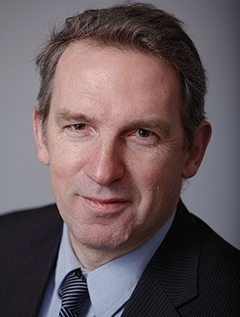

Commissioner
Johan Swinnen is the director general of the International Food Policy Research Institute (IFPRI) since January 2020. He is a member of the Champions 12.3 Leadership Group to Reduce Food Loss and Waste (SDG Target 12.3), the Africa Europe Strategic Task Force on Sustainable Agriculture and Food Systems and a Commissioner of the Food Systems Economics Commission.
He earned his PhD from Cornell University (USA). He is a fellow of the Agricultural & Applied Economics Association, the European Association of Agricultural Economists, and served as president of the International Association of Agricultural Economists from 2012 to 2015.
He has published extensively on agricultural and food policies, international development, political economy, institutional reforms, trade, and global value chains, and his body of work has been widely cited. His recent book, The Political Economy of Agricultural and Food Policies (Palgrave Macmillan, 2018), has received the 2019 Book Award from the European Association of Agricultural Economists (EAAE).
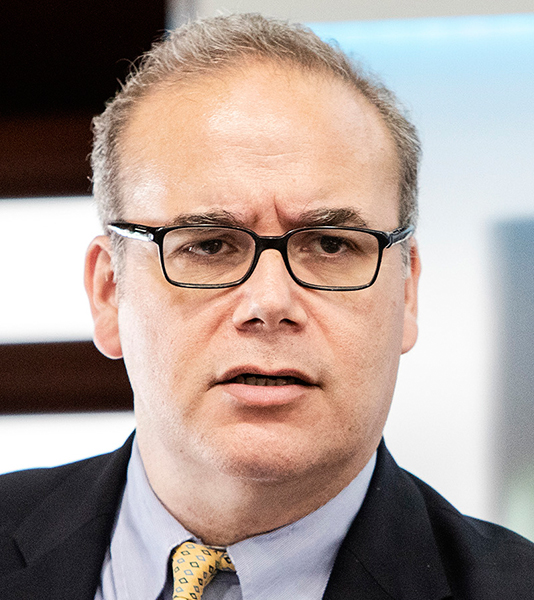

Commissioner
Mr. Maximo Torero Cullen is the Chief Economist of the Food and Agriculture Organization (FAO). He joined the Organization in January 2019 as Assistant Director-General for the Economic and Social Development Department. Prior to joining FAO, he was the World Bank Group Executive Director for Argentina, Bolivia, Chile Paraguay, Peru and Uruguay since November 2016 and before the Bank Mr. Torero led the Division of the Markets, Trade, and Institutions at the International Food Policy Research Institute (IFPRI). His major research work lies mostly in analyzing poverty, inequality, importance of geography and assets (private or public) in explaining poverty, and in policies oriented towards poverty alleviation based on the role played by infrastructure, institutions, and on how technological breakthroughs (or discontinuities) can improve the welfare of households and small farmers. His experience encompasses Latin America, Sub-Saharan Africa, and Asia.
Mr. Torero, a national of Peru, holds a Ph.D. and a Master’s degree in Economics from the University of California, Los Angeles (UCLA), and a Bachelor’s degree in Economics from the University of the Pacific, Lima, Peru. He is a professor on leave at the University of the Pacific, Perú, and an Alexander von Humboldt Fellow at the University of Bonn, Germany, and has also published in top journals (QJE, Econometric Theory, AER-Applied Microeconomics, RSTAT, Labor Economics and many other top journals).
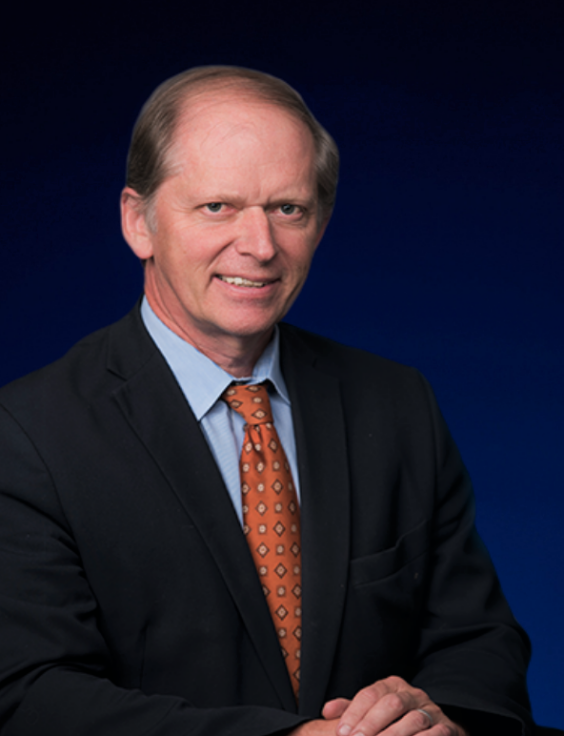
Commissioner

Commissioner
Juergen Voegele, Ph.D. Dr. Voegele holds a PhD in Agricultural Economics and a Master’s in Agricultural Engineering from the University of Hohenheim, in Germany.
He assumed the position of Vice President for Sustainable Development at the World Bank on April 1, 2020. In this role, he oversees the work of Global Practices and thematic groups that bring together the best expertise from across the World Bank Group and from partners, to help countries tackle their most complex challenges in the area of sustainable development. The practices and groups under his responsibility include Agriculture and Food; Climate Change; Environment, Natural Resources and Blue Economy; Environmental and Social Framework Implementation Unit; Social Development; Urban, Disaster Risk Management, Resilience and Land; and Water.
Prior to this appointment, Dr. Voegele was Global Director of the World Bank’s Climate Change Group and Senior Director of the World Bank’s Agriculture and Food Global Practice. Dr. Voegele is chair of the CGIAR System Council Board, which oversees agricultural research programs tackling poverty, food and nutrition security, and improved natural resource management around the world. Since 2016, Dr. Voegele has served as co-chair of the Global Future Councils of the World Economic Forum. He is also a member of the EAT Foundation Advisory Board since May 2017.
Since joining the World Bank in 1991, Dr. Voegele has held several assignments, chairing the Agriculture and Rural Development Sector Board as well as the Environment Sector Board, leading the Agriculture Unit in China, the Agriculture and Rural Development Unit of the Europe and Central Asia Region, and the Agriculture and Rural Development Department of the World Bank (later recast as the Agriculture and Environmental Services Department). Career highlights include his leadership of the acclaimed Loess Plateau watershed management project in China and managing a multi-sectoral team that disbursed more than $1 billion for 70 projects in response to the global Avian influenza crisis. Those latter efforts were replicated during the 2008 global food crisis.
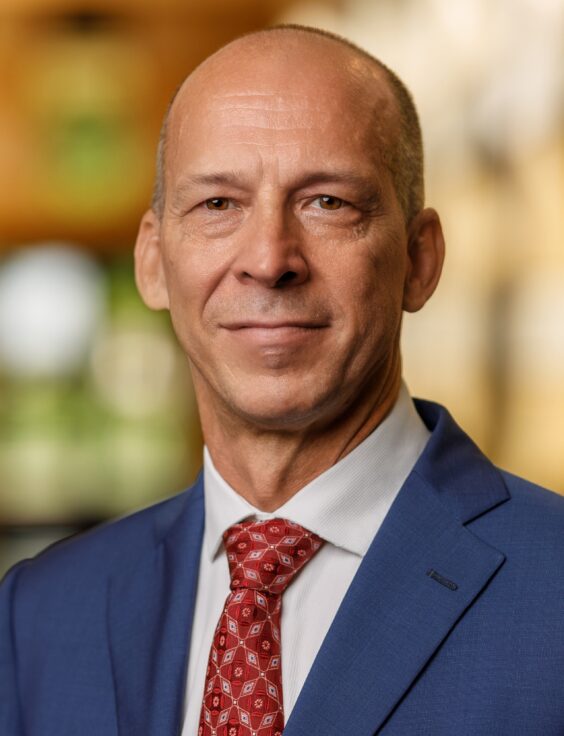

Commissioner
Paul Winters is the Keough-Hesburgh Professor of Global Affairs in the University of Notre Dame’s Keough School of Global Affairs. His research and teaching focus on rural poverty and food insecurity and the evaluation of policies and programs designed to address these issues.
Prior to joining Notre Dame, he was Associate Vice-President, Strategy and Knowledge Department and Director, Research and Impact Assessment Division at the International Fund for Agricultural Development in Rome.
Previously, he worked at American University in Washington, DC, the Inter-American Development Bank, the University of New England in Australia, and the International Potato Center in Lima, Peru.
He has published numerous journal articles and working papers in the areas of rural poverty and food insecurity, rural development, small-scale agriculture, inclusive and sustainable food systems, agricultural data, impact evaluation, migration and social protection programs. He holds a PhD in Agricultural and Resource Economics from the University of California at Berkeley.
accumulated since the signing of the Paris Agreement in 2016
The counter shows the accumulated hidden costs of our current food systems since the signing of the Paris Agreement in 2016, taking into account greenhouse gas emissions, blue water use, land use conversion, nitrogen emissions, undernourishment, poverty, and unhealthy diets.
Learn more